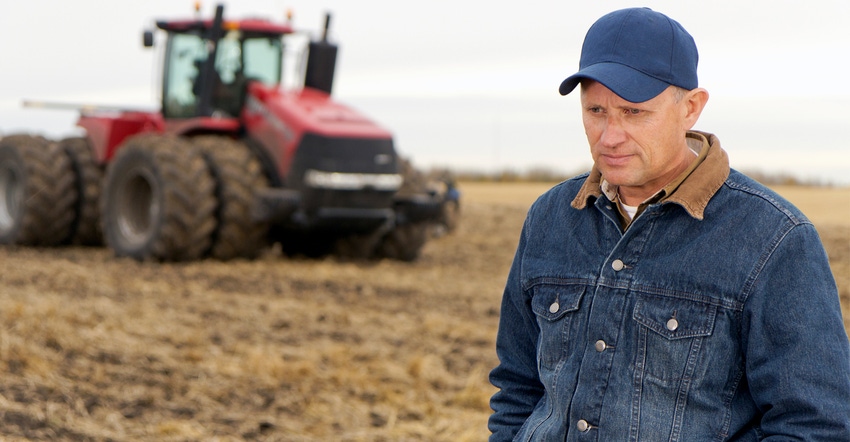
Not long ago, a colleague said, "Remember when we couldn't wait for 2019 to be over?" Indeed, this time last year, I can recall writing about 2019's challenges for a column or two — much like I'm doing here for 2020.
True, it goes without saying the past two years have been a rough go for folks in the Midwest and Great Plains. COVID-19 aside, farmers and ranchers have dealt with flooding, wildfires and extreme wind events on top of low commodity prices.
That said, about this time last year, I also wrote about the significance of gratitude — especially in times of hardship. Mental health has been a big topic of discussion lately. It's something that's seen much more attention in recent years in webinars and in-person meetings, including one of the breakout sessions at our Farm Progress Virtual Experience earlier this year.
Studies have shown time and again that gratitude can help improve mental health. Some studies also have shown keeping a gratitude journal can improve overall mental well-being. Research suggests gratitude helps us get through hard times as well — something that's especially pertinent to this year.
One thing to consider is being grateful and feeling grateful are two different things. We can't force ourselves to feel grateful when going through hardships — whether economic, extreme weather events, social isolation because of a global pandemic, or losing a loved one.
However, being grateful, maintaining an attitude of gratefulness despite these hardships is a choice, and it can make a difference.
In some cases, this can mean remembering the hard times when times are good — to not take the good for granted. It also might mean reframing negative experiences in a more meaningful way. For example, during lockdowns, spending more time with family or catching up on various projects around the home or farm.
As I mentioned earlier, keeping a list of things you are grateful for can be extremely helpful — for example, the ideal planting conditions many saw earlier this year.
Thanksgiving won't be far around the corner when this article hits mailboxes in the November print issue of Nebraska Farmer. It's hard to say how Thanksgivings dinners will shape up this year — many will likely limit gatherings to immediate family, although others will choose to gather in larger numbers.
Many things will be different. Thanksgiving Day football and various Thanksgiving Day parades are still scheduled, but modified for safety reasons.
However, the principle of the holiday remains true. This Thanksgiving, amid a global pandemic and coming off a polarized presidential election, it might seem difficult to be thankful for anything, but it's worth considering how a grateful mindset can be beneficial.
This doesn't mean denying negative experiences, or telling someone to simply "chin up" and carry on with a fake smile. Instead, it might mean reevaluating what's important to you. Spending time with loved ones, in itself, is something to be thankful for.
It also can be helpful to plan for a future gathering, trip, or anything else to look forward to — when you don't have to worry about COVID-19. In the meantime, it's worth remembering the old adage that this too shall pass. It's hard to say how long COVID-19 (and other ongoing challenges) will last, but it's good to know it isn't permanent.
Read more about:
Covid 19About the Author(s)
You May Also Like






